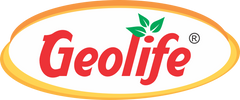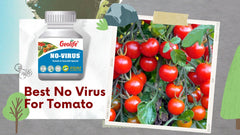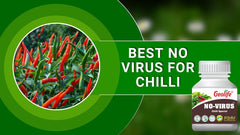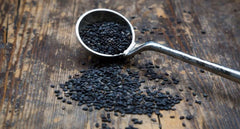People get food from agriculture in two ways: directly and indirectly. As the world's population grows, biotechnology and nanotechnology are becoming more important in agriculture. In the field of nanotechnology, anything that is smaller than 100 nanometers is considered to be very small. With the help of nanotechnology, agricultural products can be grown, processed, stored, packaged, and moved. In the next few years, nanotechnology will have a number of effects on agriculture and the food industry. For example, plants will be able to absorb nutrients better, inputs will be used more efficiently and precisely, diseases will be easier to find and control, plants will be more resistant to environmental pressures, and processing, storage, and packaging systems will be more efficient.
Pesticides and chemical fertilisers are more effective and less harmful to the environment when they use nanoparticles and nanocapsules that can delay or control delivery, absorption, and synthesis.
Agriculture feeds people around the world in a roundabout way. As the world's population grows, biotechnology and nanotechnology are becoming more important in agriculture. Nanotechnology is the study of materials and processes on a scale of one billionth of a metre or smaller. Nanotechnology can be used all along the supply chain for agriculture, from harvesting to storing to packaging and shipping. Nanotechnology will have a lot of different effects on agriculture and the food industry, such as making it easier for plants to absorb nutrients, using inputs more efficiently and in the right places, finding and stopping diseases, and making it easier to process, store, and pack food.
With nanotechnology, food and fuel crops could be grown in a way that is better for the environment. Food production is hard in the modern world because there are more people and not enough nutrients and water. They looked into nanotechnology to see if it could help solve some of these problems. Nanotechnology is used to make systems for delivering pesticides and nutrients to plants, nanoparticles that stop pathogens from getting into plants, and nanosensors that measure plant nutrition and water levels. Nanomaterials might be able to improve the quality of soil and help plants grow in hard conditions.
So, scientists think that nanotechnology might be able to help solve problems with growing crops. Some of these technologies are still in their early stages, and you can only buy a few nanoagrochemicals.
Safety was another important part of the work that the team did. Whether they are nano-scientific or not, many countries have strict rules about agrochemicals. Because of this, nanomaterials are usually approved one at a time, and risk assessment methods aren't always enough. Academics say that assessments of safety should be more strict. Agrochemicals, like genetically modified crops, can't be used on a large scale in business without consumer approval. At this point, what people think matters.
Our Products:
Give your plants best pesticides and fertilizers in town. Geolife brings you the best products to cherish and celebrate your garden and plants.
- Geolife Natural Cab Anti Cracking and Anti Rotting
- Complete Nutrition for Flowering Stage Combo Offer
- Geolife Fruiting Kit
….and many more. Visit our website to find the best fit for your veggie paradise.





